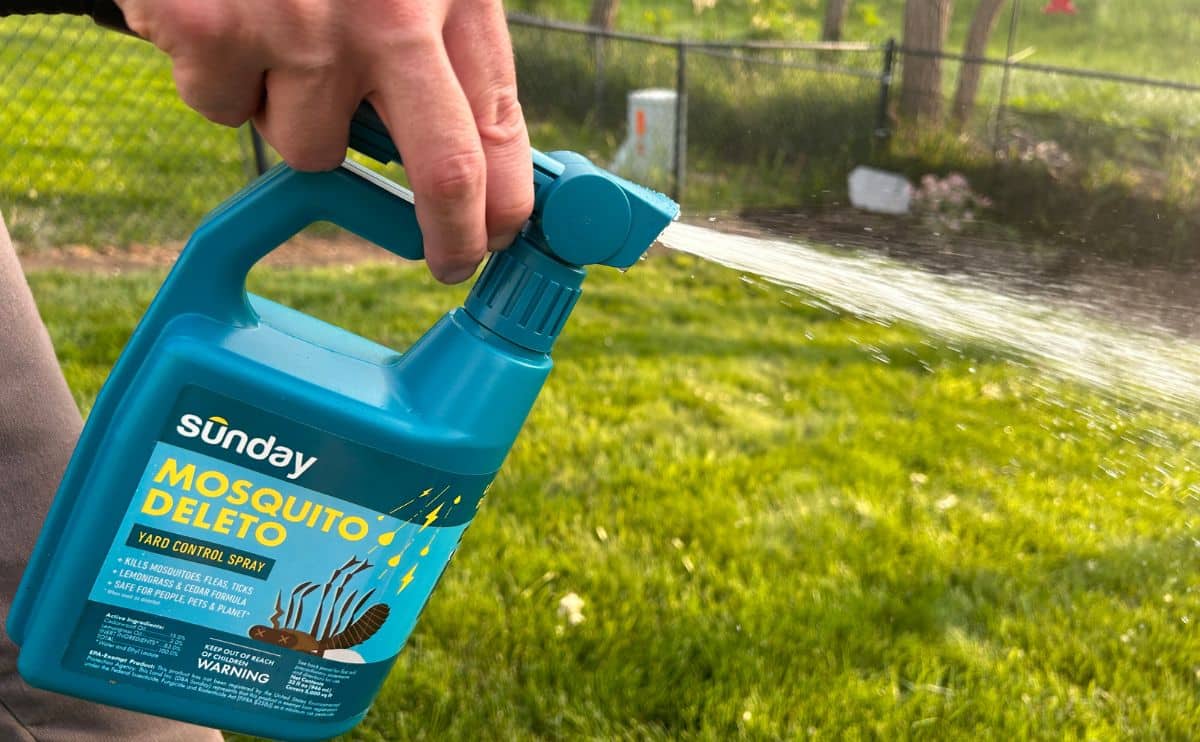The cold months bring a host of surprises, especially in relation to pests. Many homeowners question, 'why does pest control spray in winter?' It's common to think that pests disappear with the cold, but the reality is often quite different. Understanding the reasons behind winter pest control is crucial for the adequacy of your home's defense against unwanted guests.
In this article, we will dive deeply into the factors that lead pest control experts to be active during the winter. We'll also explore what pests to expect, pest control methods used, and how to prepare for it. Let's get started!

The Reality of Winter Pests
Despite lower temperatures, many pests remain very much alive. In fact, certain types of insects, rodents, and even some birds can be more active during this time. The primary reason is that they seek warmth, food, and shelter, which they can often find in our homes.
Common Winter Pests
- Rodents: Mice and rats are notorious for invading homes during winter, seeking warmth. Their population can grow rapidly if not checked.
- Spiders: Many spiders look for warmth during the winter months. While they may not be dangerous, their presence can be unsettling.
- Ants: Certain species of ants will remain active even in cold weather, looking for food sources to sustain their colonies.
- Wood-boring insects: These insects can pose threats to wooden structures, especially as they invaginate into the wood for warmth.

Why Winter Pest Control is Necessary
Winter pest control represents a proactive measure. Waiting until spring enables infestations to grow, causing potential damage and health hazards. Preparing for Pest Control is vital for effectiveness. Pest control professionals are trained to handle winter-specific problems and understand the biology of winter pests.
Understanding Pest Behavior in Winter
Pests behave differently in winter due to the changes in temperature and available resources. Their biological processes slow down, but they require sustenance, which makes homes an attractive target.

Methods of Winter Pest Control
When pest control companies operate in winter, they typically employ methods designed for the specific challenges of colder months. Some common strategies include:
- Sealing Entry Points: Professionals will seal minor cracks and gaps to prevent pests from entering.
- Inspections: Thorough inspections can identify signs of infestations before they escalate.
- Targeted Sprays: Certain products are effective against winter pests and are safe for indoor use.
- Traps: Trapping is particularly effective for rodent control.
How to Prepare for Winter Pest Control
To prepare your home effectively, consider the following:
- Keep food sealed: Store food in airtight containers.
- Declutter: Reduce clutter to eliminate hiding spots for pests.
- Regular Cleaning: Maintain a clean environment to deter pests.
- Complete DIY Repairs: Make sure to fix any cracks in windows, doors, and the foundation.

Common Misconceptions about Winter Pest Control
Many individuals have misconceptions regarding pest activity in winter. One of the biggest misconceptions is that pest control is unnecessary until spring. However, a proactive approach will ensure your home remains pest-free.
Winter Weather and Pest Activity
The winter season adds complexity to pest control strategies most residential pest management programs must adapt. Certain pests are more active in winter, and professionals adjust methods accordingly to manage this increased threat. You can see a list of what pest control companies spray here.
Conclusion: The Importance of Winter Pest Control
In summary, the question of 'why does pest control spray in winter?' is essential for your home's upkeep. Protection from pests doesnt stop in winter; instead, it must evolve. Engaging a pest control service during this time can save homeowners from stuck-in infestations that cost time and money.
<As an Amazon Associate, I earn from qualifying purchases.
